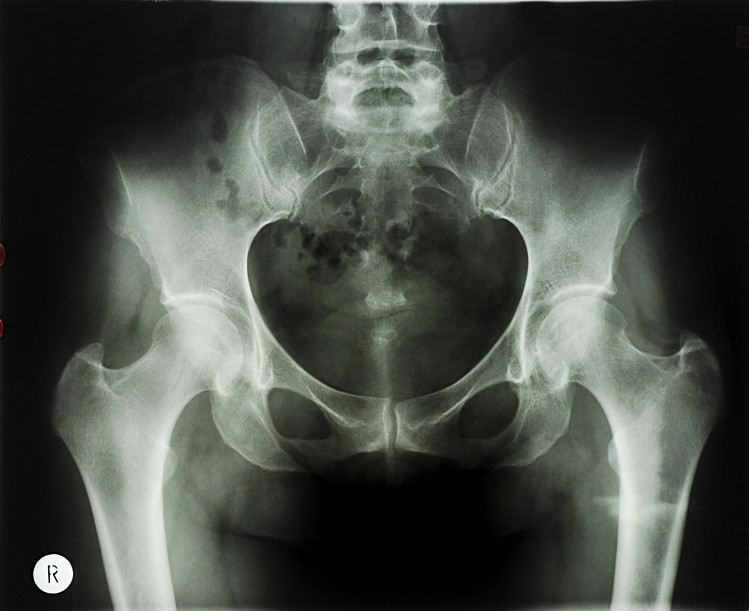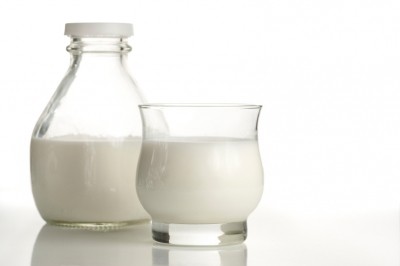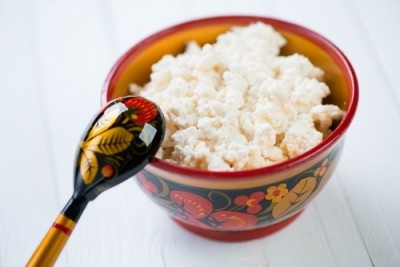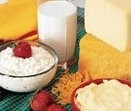High milk intake may increase risk of bone fractures in women: Study

As detailed in their study, Milk intake and risk of mortality and fracture in women and men, Uppsala University researchers found that women who drank three or more glasses (mean 680ml) of milk a day were more likely to suffer broken bones than those that consumed less than one.
The study, published in the British Medical Journal (BMJ), also indicated an association between a higher intake of milk in both men and women and a greater chance of death during the study period.
The study followed 61,433 women aged 39 to 74 over a period of 20 years and 45,399 men between the ages of 45 and 79 for 11 years.
Over the 20-year follow-up period, 15,541 members of the female cohort died and 17, 252 fractures were recorded, including 4,259 of the hip.
Based on these follow up findings, the Uppsala University team calculated that women who consumed three or more glasses of milk a day were almost twice as likely to have died during the study that those that consumed less than one glass a day.
The same set of women were also 16% more likely to have suffered any fracture, and 60% more likely to have suffered a hip fracture.
Of the male cohort, 10,112 died and 5,055 bone break were recorded during the 11 years of follow up. Hip fractures accounted for 1,166 of this total.
Men that consumed three or more glasses (mean 830ml) also had a "less pronounced" 10% chance of dying during the study period than those that consumed less than one glass a day. This was "mainly associated with an increased rate of cardiovascular death," the study said.
"We observed a dose dependent higher rate of both mortality and fracture in women and a higher rate of mortality in men with milk intake, a pattern not discerned with other dairy products," said the study.
Such a pattern was not, however, observed with the high intake of fermented milk products such as yogurt, soured milk, and cheese, it added.
A diet rich in milk and dairy products is promoted to reduce the likelihood of osteoporotic fractures.
While acknowledging its study "may question the validity of recommendations to consume high amounts of milk to prevent fragility fractures" the Uppsala University researcher urged a "cautious interpretation" of its findings.
“The results should, however, be interpreted cautiously given the observational design of our study," it said. "The findings merit independent replication before they can be used for dietary recommendations.”
Source: British Medical Journal doi: http://dx.doi.org/10.1136/bmj.g6015
Title: Milk intake and risk of mortality and fracture in women and men
Authors: K Michaëlsson, A Wolk, S Langenskiöld, S Basu, E Warensjö Lemming, H Melhus, L Byberg











